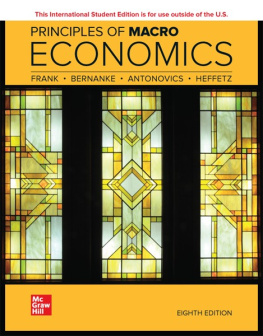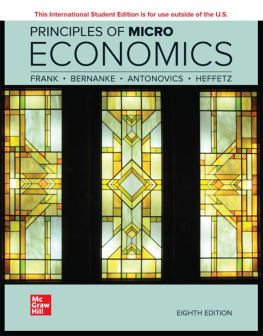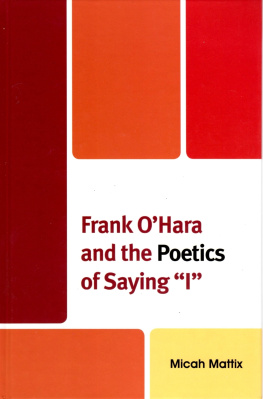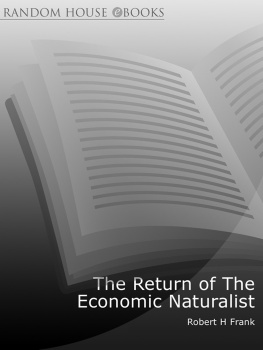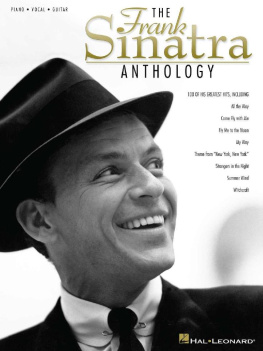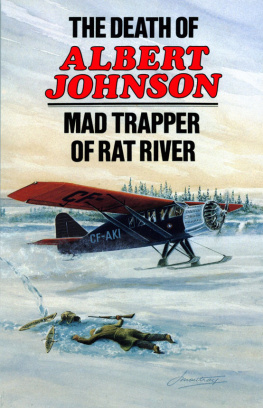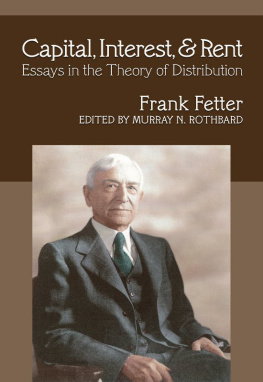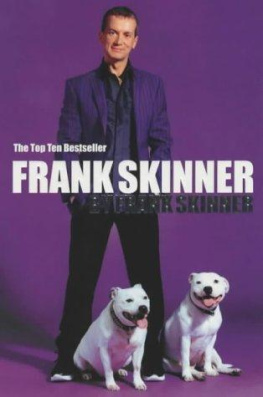MANUAL
OF REFERENCES AND EXERCISES
IN ECONOMICS
FOR USE WITH
VOLUME II. MODERN ECONOMIC PROBLEMS
BY
FRANK A. FETTER, Ph.D. , LL.D.
PROFESSOR OF ECONOMICS, PRINCETON UNIVERSITY
A wreath-like square border surrounds a primitive drawing of a sun, with an open book superimposed.
NEW YORK
THE CENTURY CO.
1917
FOREWORD
This Manual follows the lines of the "Manual of References and Exercises," published in the autumn of 1916, to accompany the volume on Economic Principles.
The literature of the field treated in "Modern Economic Problems" is now so vast that no more than a few of the titles could be included in the following lists. The references given are usually the more recent of those that would be helpful to students desiring to go more deeply into the subjects.
The collection of questions and exercises is based upon the list printed, first in 1904 and much enlarged in 1910, in the author's "Principles of Economics." Much material has been added that had been shaped and used in class work at Princeton University, and a few other problems have been drawn from, or suggested by, other published lists. The plan of indicating the original sources of a number of these questions has been found to be too difficult to be completed for the present edition. Indeed, it appears that numerous test problems have become a common heritage for economic teachers, and one can hardly be sure when one has traced the ideas to their original sources. Some of them have appeared in somewhat differing forms in various lists for a half century past.
Particular acknowledgment is made to my colleagues, Professors Adriance and McCabe, who devised a number of the questions for class use; and to Dr. Stanley E. Howard, who has given most valuable aid in the preparation of this Manual in its present form.
F. A. F.
Princeton, N. J., February, 1917.
MANUAL
OF REFERENCES AND EXERCISES
IN ECONOMICS
MANUAL
OF REFERENCES AND EXERCISES
IN ECONOMICS
CHAPTER 1
MATERIAL RESOURCES OF THE NATION
References. (Those marked with an asterisk (*) are the shorter assignments that are most applicable.)
Adams, C. C., Commercial geography. 1906.
Marsh, G. P., Man and nature: or physical geography as modified by human action. 1864. (Later editions under the title, "The earth as modified by human action.")
*Materials, 58-61 (Extract from Mason, O. T., Technogeography, or the relation of the earth to the industries of mankind. American Anthropologist, 7: 135-158. 1905); 61-66 (extract from Semple, E. C., Influence of geographic environment. 1911.)
Smith, J. R., Industrial and commercial geography, 1913.
*Source Book, 292-302 (extract from); Daniels, W. M., Economic causes as affecting the political history of the United States. Accountants' Magazine, May, 1907.
Teele, R. P., Irrigation in the United States. 1915.
Trotter, S., The geography of commerce. 1903.
United States Census, 1910. Volume on wealth, debt, and taxation.
Van Hise, C. R., Conservation of natural resources. 1910.
Questions.
1. What relation can be observed between general industrial conditions and the per capita wealth? Between the character of the people and the per capita wealth? Can countries be grouped geographically according to per capita wealth?
2. How does the United States compare with other countries with respect to the estimated amounts and values of cereal products? Textile fibres? Coal? Iron and copper ore? Present the results of your study in tabular form.
3. From the reports of the Thirteenth Census prepare a statement in tabular form showing the geographical distribution of our chief domestic sources of supply of the leading cereals, of neat cattle, of textile fibres, of coal, iron ore and copper ore, and of water power.
4. What physical conditions account for the greatness of ancient Egypt, of Venice, of Holland, of England, of the United States?
5. Has the isothermal line any relation to the number of millionaires?
CHAPTER 2
THE PRESENT ECONOMIC SYSTEM
References.
Cooley, C. H., Human nature and the social order. 1902.
Cooley, C. H., Personal competition. Amer. Econ. Assn., Econ. Studies, 4: 78-173. 1899.
*Ely, R. T., Competition: its nature, its permanency, and its beneficence. A. E. Assn. Pubs., 3d ser., 2: 55-70. 1901.
Ely, R. T., Evolution of industrial society. 1903.
Ely, R. T., Property and contract in their relation to the distribution of wealth. 1914. (2 vols.)
Giddings, F. H., The economic ages. P. S. Q., 16: 193-221. 1901.
*Gray, John H., Economics and the law. A. E. Rev., 5 (no. 1, supp.): 3-23. 1914.
Kinley, David, The renewed extension of government control of economic life. A. E. Rev., 4 (no. 1, supp.): 3-17. 1914.
Schmoller, Gustav, The mercantile system. Trans. by Ashley, 1896.
Questions.
1. State briefly and criticize the theories of the origin of private property.
2. What have been the theories put forward to justify the system of private property in the past?
3. Under private property, can men complain of the use made by others of their wealth on the ground merely that it was unwise?
4. What are the recognized limitations upon the right of private property? Are these limitations in opposition to the principle by which private property is now generally defended?
5. Is the right of bequest a necessary condition of private property?
6. Do you know of any father who created more wealth because he could bequeath it to his son?
7. Does the son work as hard when he inherits his father's wealth?
8. What is the effect of private property on saving?
9. What is meant by the "Factory System"?
10. Through what historic stages has production passed?
CHAPTER 3
NATURE, USE AND COINAGE OF MONEY
References.
Jevons, W. S., Money and the mechanism of exchange. 1875. Chs. III-VII, XIII.
*Johnson, J. F., Money and currency. 1905. Chs. I, II, IX.
*Phillips, C. A. (Ed.), Readings in money and banking. 1916. Chs. I-III, XIV.
Walker, F. A., Money in its relations to trade and industry. 1st ed. 1879. Chs. I, II.
White, Horace, Money and banking illustrated by American history. Ed. 1914. Bk. I.
Questions.
1. What are the qualities of metallic money?
2. What is the difficulty in deciding whether to call the following money: gold ingots, gold coin, silver dollars, copper cents, greenbacks, bank-checks, chalk-marks to keep account?
3. Who makes coins? Would jewelers make better ones?
4. What are the advantages and disadvantages of a seigniorage tax?
CHAPTER 4
THE VALUE OF MONEY
References.
Fisher, Irving, The purchasing power of money. 1911.
Gibson, Thomas, Special market letters on the increasing gold supply and its effect on security values; interest rates; commodity prices, etc. 1908.
*Johnson, chs. III-VIII, X.


